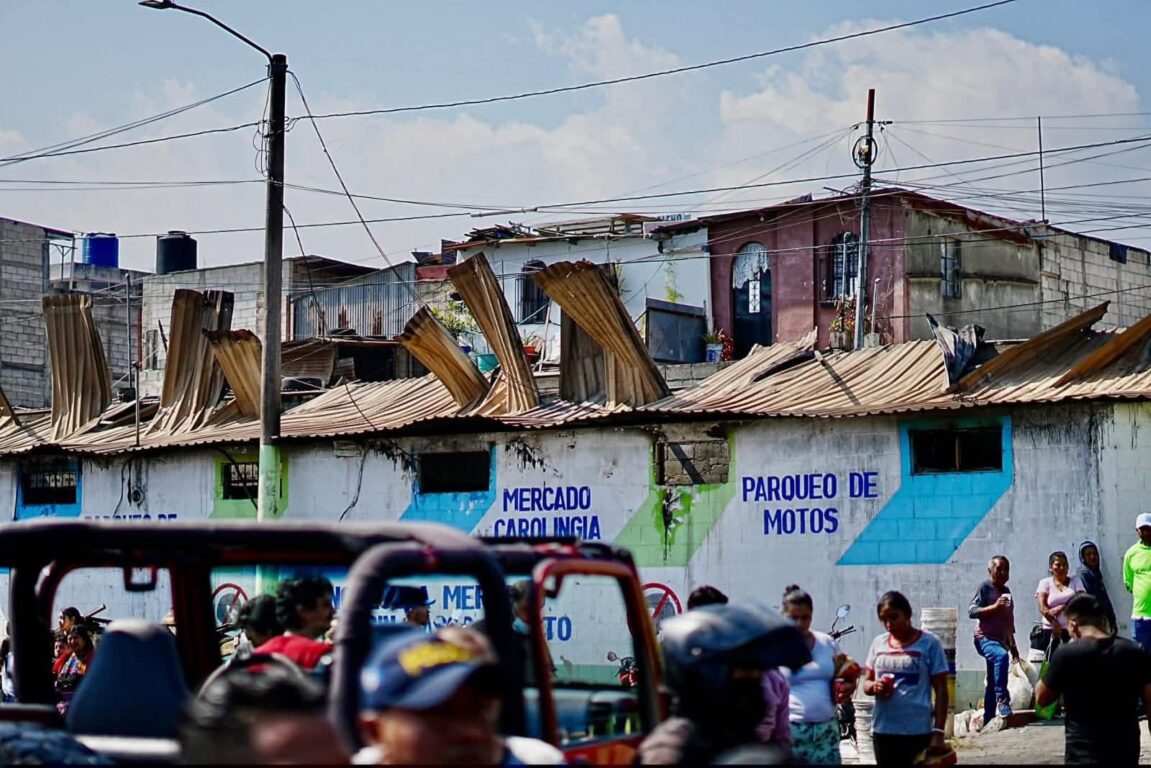Tens of thousands of people in Cambodia and around the region are coming together today to mark May 1st. Their aspirations and concerns are legitimate and based on unquestionable universal values.
They firmly and rightly believe that quality of work and the respect for fundamental principles and rights at work are a source of personal dignity, family stability, peace in the community, and a beacon of credibility for democratic governance. These issues are at the very core of the International Labour Organization`s mandate and are central to its work across the world.
These guiding norms apply to all countries. They are at the basis of the principles and polices enshrined in the ILO`s Declaration on Social Justice for a Fair Globalization. This Declaration expresses the contemporary vision of the ILO`s mandate in the era of globalization. It should guide policy action in achieving improved and fair outcomes for all.
Countless men and women around the world continue to work without even the most basic guarantees for their safety and wellbeing. Obvious examples come from the horrific workplace disasters that have claimed hundreds of lives just a year ago in South Asia and other parts of this region.
But, away from the spotlight of the news programmes and commemorations many of the region`s vulnerable workers face such risks of injury and death every day. Informal workers and some other workers who are linked to distorted and unfair economic models are amongst those particularly vulnerable. This not only in relation to workplace accidents but also to low wages, long working hours, inadequate dispute resolution mechanisms and a lack of the most basic labour rights. Such workers typically have minimal social protection and often do multiple jobs, yet remain stuck in poverty, barely able to support their families.
In most of Southeast Asia, including in Cambodia there is a growing recognition that tackling these issues is vital to meeting national development goals. The Rectangular Strategy highlights the importance of improving labour relations to achieve sustained socio-economic development. Strengthening freedom of association and collective bargaining are other vital components of this strategy. Social dialogue and collective negotiations involving trade unions and employers` organisations can bring significant benefits, not only to workers but also for economic development in general by reducing conflict, supporting fairer income distribution, reducing inequality and sustaining more robust labour market governance.
Most importantly we have to preserve the space for legitimate and peaceful trade union activity in terms of recognizing their needs, understanding their concerns and giving them fair opportunities for voicing their demands. This has to happen within the parameters established by national laws and in full respect of the universal principles of freedom of association, expression and assembly, including obligations under ratified ILO Conventions No. 87 and 98.
Southeast Asia`s and Cambodia`s rapid economic growth has enormous potential to support people`s aspirations for decent work and a decent life. But this will not happen automatically. The region`s economic dynamism cannot be translated into social progress if the right policies are not in place and the right changes in approach not made.
For example, we should start to measure the success of an economy not by the rate of economic growth but by the number of decent jobs that it produces and by the well-being of its population. It means ensuring that growth does not come at the expense of environmental degradation or rising inequality.
We need to collectively and convincingly promote a paradigm of growth that is environmentally conscious and people-centred. We must continue moving to a fairer, greener and more sustainable socio-economic model capable of meeting people`s aspirations for cooperation, tripartite dialogue, mutual understanding and above all, leadership. And we count very much on the Cambodian leadership in government, in business and within trade unions to embrace this agenda based on human values – key among them, the respect for the dignity of work and workers.
On this May 1st, we must dedicate ourselves and recommit to a new era of social justice. We must make sure that these opportunities are not wasted, so that Decent Work for All can be a reality for Cambodia and its people.
By Maurizio Bussi, Officer-in-Charge ILO Country Office for Thailand, Cambodia and Lao PDR


